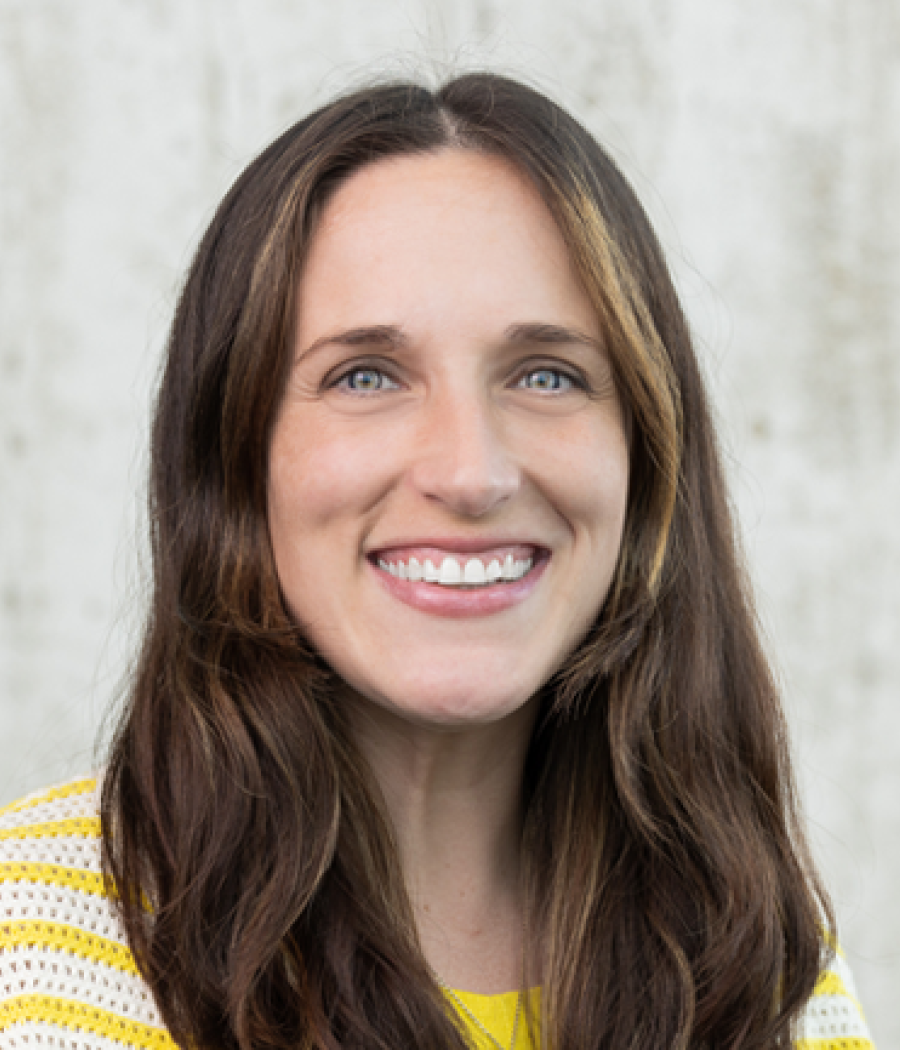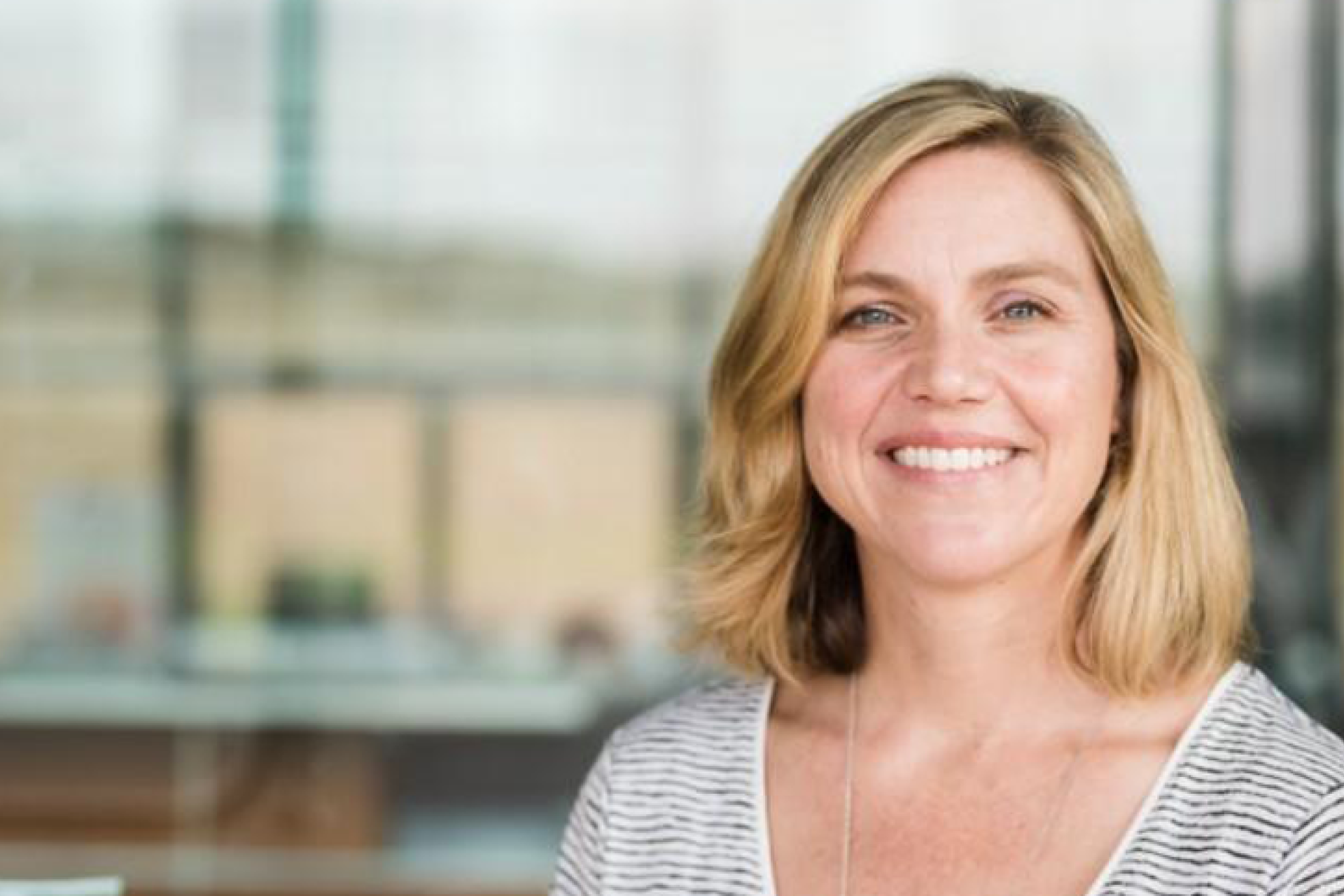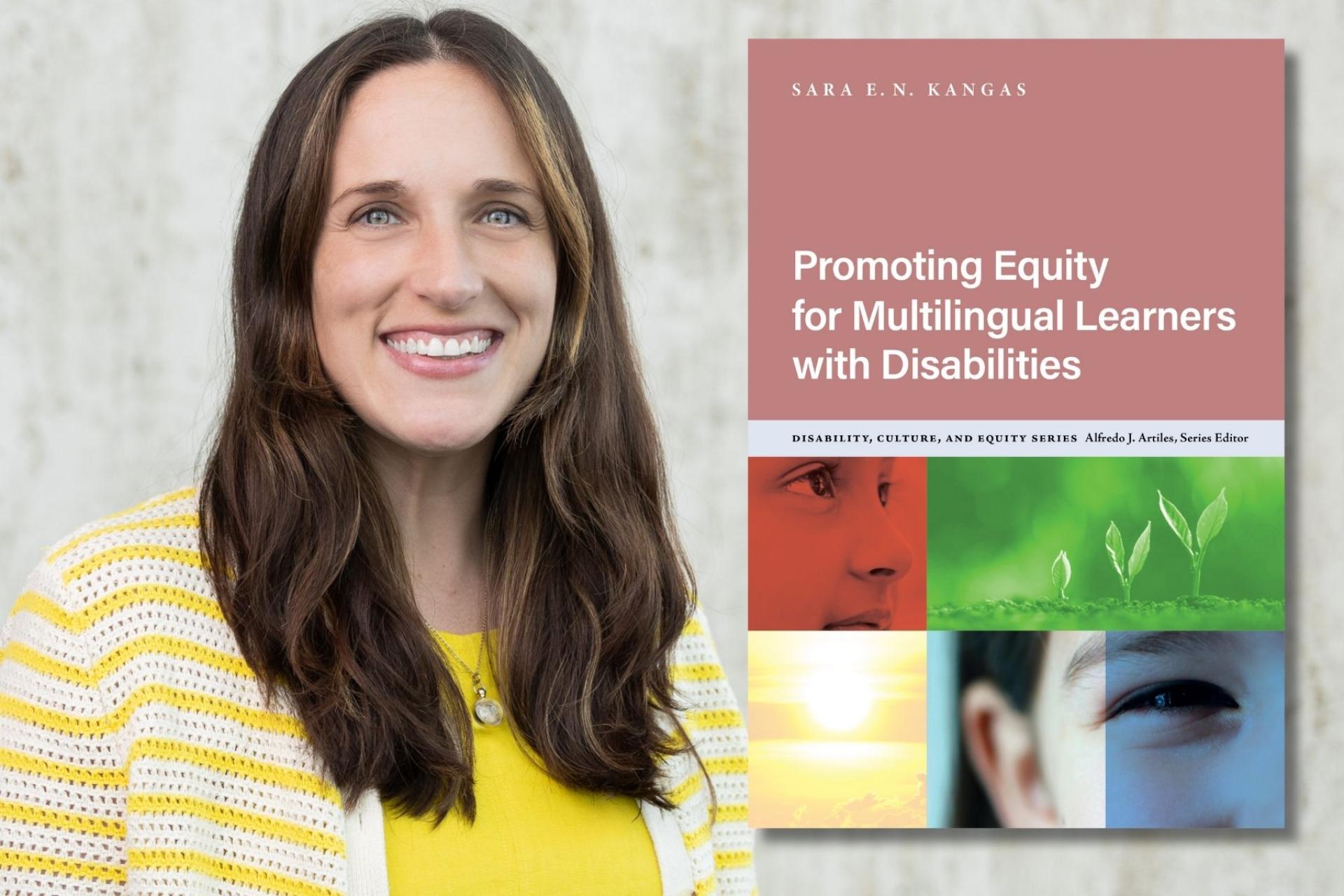
Academic Program
Special Education
Apply a person-centered approach to education, including all people with disabilities in school and society.
Our Special Education program prepares highly-qualified and competent special education teachers, behavior analysts, and researchers who contribute to positive outcomes for individuals with diverse needs. Students learn effective methods for supporting and advocating for individuals with disabilities through their work with faculty who are noted experts in autism spectrum disorders, learning disabilities, multilingual learners with disabilities, and emotional behavioral disorders.
Guiding Principles
The philosophy that underlies the program curriculum and faculty activities includes the following:
Data-driven Approach
The program offers a data-driven approach to teacher education with an emphasis on using data to individualize and monitor instruction. Graduate students in the program gain expertise in using student data for curriculum development, selecting instructional strategies, and planning behavioral support that are applicable to students with a variety of needs, including those with learning disabilities, emotional/behavioral disorders, intellectual disability, physical disabilities, autism spectrum disorder, traumatic brain injury and other disabilities.
Experiential Learning
The best way to learn how to teach and support individuals with disabilities is through a combination of course work and direct experience. All course work in special education involves fieldwork experiences. The program is affiliated with university-operated programs and local schools that provide opportunities for student funding and fieldwork.
Preventive and Proactive Strategies
The most successful approaches for individuals with disabilities focus on prevention. Programming should focus on early identification and intervention to avoid the development of serious challenges. Interventions should build supportive environments that are instructive and maximize positive learning opportunities for individuals with disabilities.
Person-centered
Programs and educational experiences for individuals with disabilities should encourage self-determination and competence. Skills that facilitate autonomy and personal freedom are critical. Our faculty are committed to the enhancement of quality of life for people with disabilities.
Innovative
Our faculty are uniquely involved in the development of research-supported and innovative practices. As researchers, they investigate new instructional methods and ways of supporting students with disabilities. All of our students learn to design instruction and other forms of support based on research and best practices. Opportunities to collaborate with faculty on research endeavors are available to doctoral students.
Accreditation
The Special Education programs have met the rigorous criteria and standards designed by the following governing boards to provide a top education for our students.
- All certification programs fully accredited by the Pennsylvania Department of Education
- Online M.Ed. Behavior Analysis and online Behavior Analysis Certificate approved by BCBA National Board

Centennial School
Many of our current master’s students who are pursuing their Special Education master’s degree and/or certification work at our highly acclaimed and nationally recognized lab school, Centennial School. Centennial School offers our graduate students optimal opportunities to be engaged in hands-on learning and immersed in evidence-based practices including positive behavior support strategies and data-based explicit instruction. Learn more.
Special Education Spotlight
-
Kangas Receives AERA Mid-Career Award
Sara Kangas is this year's recipient of the AERA Second Language Research Special Interest Group (SIG) Mid-Career Award. She received this award for her research on equitable learning opportunities for multilingual learners with disabilities.
-
- Centennial School
- Counseling Psychology
- School Psychology
- Special Education
- Alumni
- Community Voices Clinic
- Educational Leadership
- LUSSC
- Teaching, Learning and Technology
Building the Next Generation of Educators, Together
Professor and Associate Dean for Graduate Studies Brook Sawyer shares the challenges facing education and outlines a path forward—including two COE-sponsored events scheduled for this week.
-
Webinar Discusses Equity for Multilingual Learners with Disabilities
This webinar will feature a discussion with Sara Kangas on her new book, “Promoting Equity for Multilingual Learners with Disabilities” (Teachers College Press, 2025).
-
- Centennial School
- Counseling Psychology
- School Psychology
- Special Education
- Alumni
- Educational Leadership
- Research
- Teaching, Learning and Technology
Fall Issue of COE News Celebrates Centennial School
The fall issue of COE News is a celebration of Centennial School's 60th anniversary. Julie Fogt, director of Centennial School and affiliated COE professor, introduces the issue.
Read the full issue at: https://conta.cc/4nIdaQR.
Faculty & Staff

Donna Toothman
Program Coordinator, Teaching, Learning, and Technology & Special Education Programs

Dr. Brinea M. Charles
Teaching Assistant Professor

Dr. Minyi Dennis
Associate Professor

Dr. Sara Kangas
Associate Professor and Program Director

Dr. Lee Kern
Professor and Director of the Center for Promoting Research to Practice

Dr. Elise Settanni
Teaching Assistant Professor



